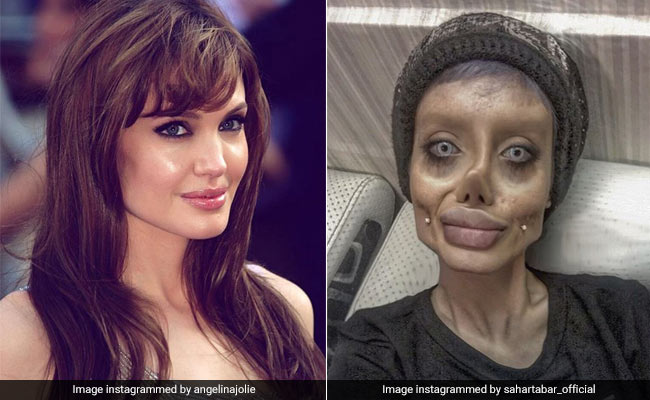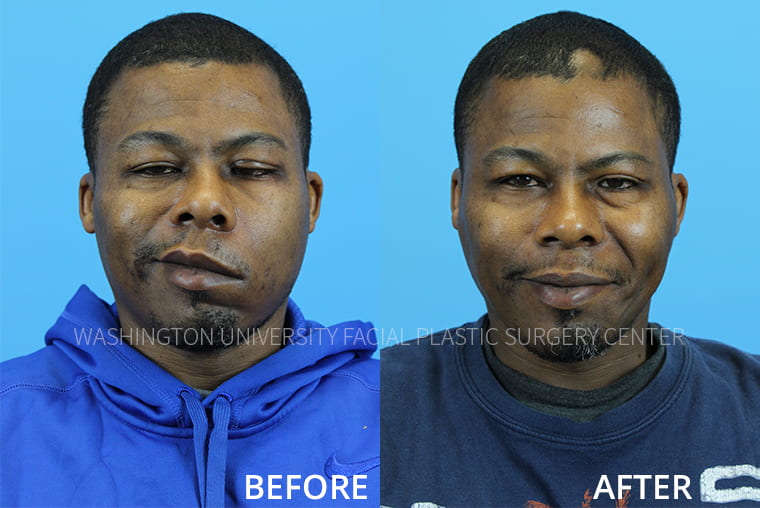Exploring the Psychological and Social Factors That Drive Individuals to Consider Aesthetic Surgery as a Way of Renovation
The decision to go after cosmetic surgical treatment commonly expands beyond simple aesthetics, intertwining with emotional and social characteristics that warrant comprehensive evaluation. Elements such as self-worth, prevalent social charm criteria, and the prevalent influence of social media assemble to form specific inspirations for surgical improvement. As these impacts become significantly popular, comprehending the underlying psychological and cultural contexts is crucial. What continues to be to be discovered is the profound impact these factors have not only on individuality but likewise on more comprehensive social standards and worths bordering beauty and approval.
The Function of Self-worth
Self-worth significantly affects an individual's choice to seek cosmetic surgical treatment. Individuals with reduced self-worth commonly regard themselves in an unfavorable light, bring about sensations of inadequacy concerning their physical look. This adverse self-perception can drive them to look for surgical treatments as a technique of improving their self-image. The wish for improvement in one's look is regularly linked to an idea that such changes will raise their total self-worth and confidence.

Eventually, the duty of self-worth in the decision-making process regarding cosmetic surgical treatment highlights the complex interaction between body image, personal fulfillment, and mental health. Comprehending this partnership is vital for health care professionals to guarantee that individuals are making informed choices rooted in sensible expectations and emotional health.
Societal Beauty Requirements
Influenced by prevalent media portrayals and social narratives, social charm criteria play a critical role fit individuals' assumptions of their own bodies. These standards are typically identified by an idealized type of appeal that highlights traits such as slimness, proportion, and youthful vigor. As these ideals are bolstered through numerous networks, consisting of advertising, television, and movie, individuals frequently internalize these messages, causing frustration with their natural look.
The effects of these societal norms extend past aesthetic choices; they can affect self-esteem, mental wellness, and interpersonal relationships. Individuals that regard themselves as disappointing these standards may experience sensations of insufficiency, motivating a need for cosmetic surgical treatment as a way of accomplishing societal approval. This pursuit is frequently fueled by the belief that adjusting to these ideals will certainly improve not only physical appearance however likewise social standing and personal fulfillment.

Impact of Social Network
The influence of societal charm standards is additional enhanced by the increase of social media sites systems, where curated photos and idealized depictions of elegance are common. Individuals are constantly exposed to filteringed system and modified photos, which typically show unattainable physical attributes. This exposure grows a society of contrast, leading people to evaluate their very own look against these typically impractical benchmarks.
Social network influencers and stars regularly advertise aesthetic treatments, normalizing the idea that surgical enhancements are a practical means for attaining social perfects (plastic surgery rancho cucamonga). The presence of these improvements can develop a perception that undergoing cosmetic surgical procedure is a basic practice, consequently affecting individuals to think about similar interventions as a pathway to improved self-esteem and social approval
Furthermore, the interactive nature of social media sites enables instant comments through likes and remarks, better enhancing the wish to satisfy preferred elegance criteria. Such interactions can intensify feelings of insufficiency and drive people towards cosmetic surgery as a means of obtaining recognition. Eventually, social media sites plays a pivotal duty fit understandings of elegance, which significantly influences the decision-making procedures surrounding plastic surgery.

Cultural Viewpoints on Appearance
Throughout numerous societies, assumptions of appearance look these up are deeply rooted in historical, social, and economic contexts, forming people' sights on charm and worth. In many societies, look serves as a substantial pen of identity, affecting social status, expert possibilities, and personal partnerships. For instance, in some societies, light skin is usually associated with wealth and advantage, while others might idealize darker complexion as symbols of stamina and authenticity.
In addition, conventional beauty requirements are usually perpetuated through cultural stories, media depictions, and family members affects, causing varying ideals across different regions (plastic surgery rancho cucamonga). In Western societies, the focus on young people and fitness frequently drives individuals toward cosmetic enhancement, while in specific Eastern societies, even more refined adjustments lined up with conventional aesthetic appeals might be chosen
Globalization and the spreading of electronic media have actually further complicated these characteristics, producing a hybridization of appeal suitables that goes beyond geographical limits. As individuals significantly browse these cultural narratives, the stress to comply with details look requirements can cause the desire for cosmetic surgical procedure, mirroring a complicated interplay of social values and individual ambitions. Comprehending these cultural viewpoints is crucial you could try this out in attending to the inspirations behind cosmetic surgical treatment considerations.
Emotional Impacts of Plastic Surgery
Several individuals looking for cosmetic surgery report experiencing extensive emotional impacts that can substantially modify their self-perception and emotional well-being - plastic surgery rancho cucamonga. The desire for physical enhancement commonly originates from underlying issues such as low self-confidence, body dysmorphic problem, or social stress relating to beauty requirements. For some, the immediate post-operative phase can lead to a momentary increase in positive self-image and satisfaction with their appearance, promoting a feeling of empowerment
Nevertheless, these favorable feelings may not be enduring. Research study suggests that while some clients experience enhanced self-esteem, others may face heightened anxiety or clinical depression if their expectations are not met. This disparity can emerge from impractical suitables continued by media depiction and cultural narratives bordering appeal.
Moreover, the emotional ramifications of plastic surgery prolong beyond the person. Relationships with family members and friends might be strained as social characteristics change, bring about feelings of isolation or alienation. Inevitably, the mental effects of cosmetic surgery are intricate official source and diverse, calling for cautious factor to consider by both potential patients and medical care service providers to ensure enlightened decision-making and reasonable assumptions.
Conclusion
In conclusion, the choice to pursue plastic surgery is considerably affected by a mix of self-esteem problems, social charm standards, and social perspectives on appearance. The prevalent reach of social media better worsens these stress, promoting unrealistic perfects that people commonly strive to achieve. Recognizing these psychological and social factors is vital for resolving the inspirations behind cosmetic surgery, highlighting the demand for a more nuanced conversation surrounding elegance and self-acceptance in contemporary society.
The choice to go after cosmetic surgical procedure typically prolongs beyond mere appearances, intertwining with mental and social characteristics that warrant comprehensive assessment. Inevitably, social media plays a crucial duty in forming perceptions of appeal, which dramatically influences the decision-making procedures bordering cosmetic surgical treatment.
As people significantly browse these cultural narratives, the pressure to adhere to particular appearance requirements can lead to the desire for cosmetic surgery, showing a complex interplay of personal aspirations and social worths.In final thought, the choice to go after cosmetic surgery is considerably influenced by a combination of self-esteem issues, social appeal requirements, and social point of views on appearance. Recognizing these emotional and social elements is vital for dealing with the inspirations behind cosmetic surgical treatment, highlighting the need for an extra nuanced discussion surrounding elegance and self-acceptance in contemporary culture.